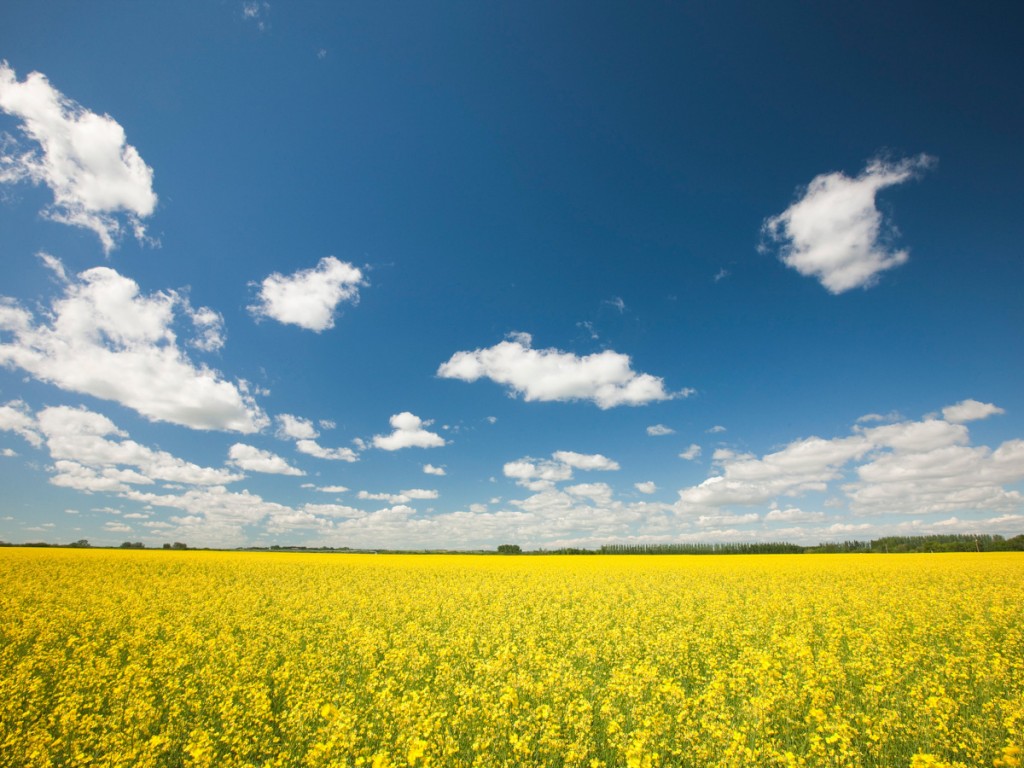Part 1: Is Canada’s canola business a pawn in the U.S.-China trade dispute?
Part 2: Pulled Export Permits
Part 3: China Leading Customer for Canadian Canola
Pulled Export Permits
China pulled the export permits from leading Canadian canola exporters in March, and Chinese importers have stopped purchasing Canadian canola seed ever since. Beijing also revoked export permits for two Canadian pork producers.

The ban on Canadian canola was a thinly-veiled retaliation for the arrest at Vancouver airport in December, at Washington’s request, of Huawei CFO Meng Wanzhou on grounds she and her company skirted US sanctions on Iran and stole trade secrets from American companies. Her extradition process is before the courts, and may take a long time to process.
But the Chinese government has gone further to add still more frostiness in the bilateral relationship by detaining and arresting two Canadians – a former diplomat, Michael Kovrig, and businessman Michael Spavor – for allegedly violating national security.
Invented by Canadian researchers in the 1970s, canola is hailed as “Canada’s greatest agricultural success story” by the Manitoba-based Canola Council of Canada (CCC).
In just a few decades, canola has become one of the world’s most important oilseed crops and the most profitable commodity for Canadian farmers, the Council affirms.
The plant belongs to the Brassica genus, the botanical family that includes cauliflower and cabbages. The name canola is a contraction Canada and ola, meaning oil. Canola seeds can be crushed to produce a vegetable oil used in food and cooking. High protein meal produced from canola seed is an excellent animal feed for cattle, poultry and swine.




